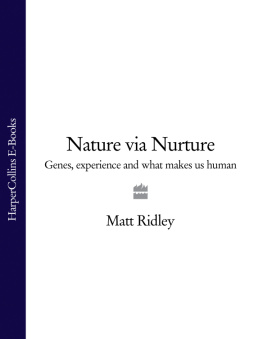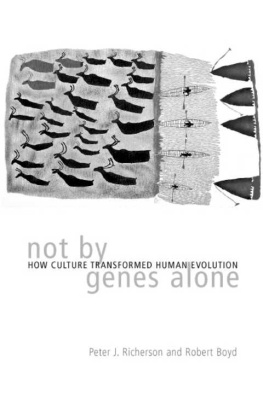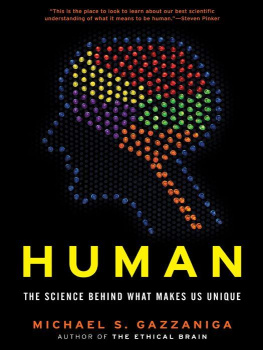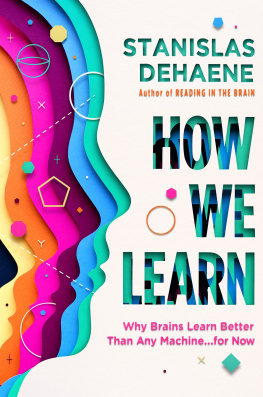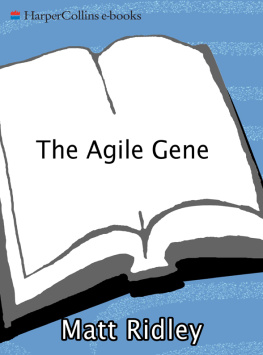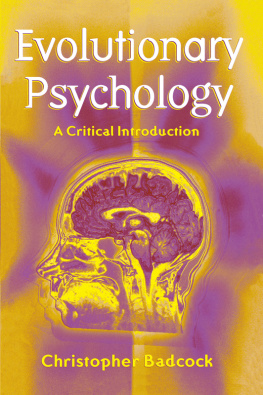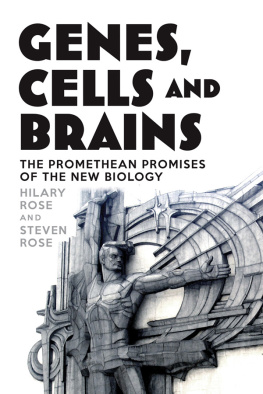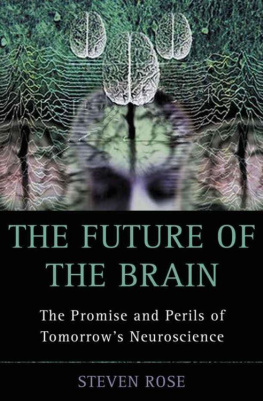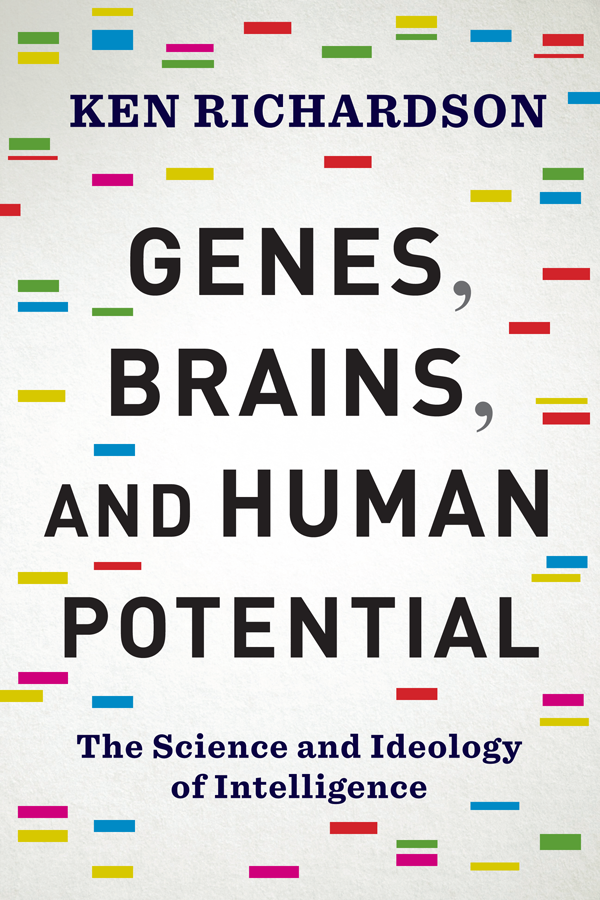Contents
Guide
Pagebreaks of the print version
GENES, BRAINS, AND HUMAN POTENTIAL

KEN RICHARDSON
GENES, BRAINS, AND HUMAN POTENTIAL

The Science and Ideology of Intelligence
COLUMBIA UNIVERSITY PRESS
NEW YORK

Columbia University Press
Publishers Since 1893
New York Chichester, West Sussex
cup.columbia.edu
Copyright 2017 Columbia University Press
All rights reserved
E-ISBN 978-0-231-54376-7
Cataloging-in-Publication Data available from the Library of Congress
ISBN 978-0-231-17842-6 (cloth)
A Columbia University Press E-book.
CUP would be pleased to hear about your reading experience with this e-book at .
Cover design: Noah Arlow
CONTENTS
T he causes of variation in human potentialfor attributes like intelligence, and educational and occupational achievementare always interesting. The expression fulfilling our potential is widely used and implies destinies already laid down, with variable, but definite, limits. Moreover, the causes of variation really matter: perceptions of someonesa childspotential can seriously prejudice how the individual might be treated by others and by our institutions. As everyone knows, that is why a nature-nurture debate has smoldered around the issue for hundreds, if not thousands, of years.
Thank goodness, thenyou might thinkthat modern scientists are, according to widespread reports, settling the issue at last. They can tell us about the real nature of intelligence, and even measure it with IQ tests. They have revealed, in remarkably exact proportions, how individual differences are due to different genes. Thanks to the brilliant technology that sequenced the human genome, we are told that scientists are now even identifying the genes responsible for that variation. They are also showing how those genesin interaction with environmentsshape our brains to determine our levels of intelligence (and differences in them). What is more, those scientists might soon be able to design genetically informed interventions in schools to help those not so well endowed, or even target specific genes to boost IQ and give the world more geniuses. So now, at last, we can put that heated nature-nurture debate behind us once and for all.
However, there is something wrong with that scenario. None of it is true. The advances turn out to be more hype than reality. The findings are crude, based on assumptions that are decades old and long since criticized as deeply flawed. There is not even an agreed-on theory of how to describe potential or intelligence. And as for discovering genes for intelligence or other potential, none have been found (in spite of the mind-boggling costs and continuing promissory notes).
Nor will they, it is now clear, because the endeavor is based on several misconceptions of the nature of genes, the nature of human potential, the nature of development and of brain functions, and even the nature of the environment. The problems behind the hype are conceptual, not the need for more data to add to the (inconclusive) piles we already have. Whatever powerful new technologies are applied, we will still only get slightly more sophisticated expressions of essentially the same message. That is because the concepts themselves are really only veneered expressions of a very oldalbeit often unconsciousideology, rooted in the class, gender, and ethnic structure of society: a ladder view of a social order imposed on our genes and brains.
This book seeks to reveal, describe, and explain all of that. But it is also aims to do much more. Nearly all the debate and discussion about human potential takes place in a fuzzy atmosphere of hunch and informal preconception. The joke is well known: ask a dozen psychologists what intelligence is, and you will get a dozen different answers. Behind the exaggerated claims there remains little scientific theory and definition of potential, in factlittle understanding of intelligence, how it evolved, how it develops, how we can promote it. These are prime conditions for ideological infillthe real obstacle, I shall argue, to understanding human potential.
The book seeks to remedy that fog and deficit. It requires a conceptual, not an empirical, revolution, and it so happens that one is now looming in biological systems research. It is beginning to permit, for the first time, an integration of findings and theory, from the molecular ensembles of the single cell to the amazing creativity of human social cognition. It is already showing, for example, that the classic, but elusive, gene is a conceptual phantom with deep ideological roots. The reappraisal puts us, as Evelyn Fox Keller explained recently, at a critical turning point in the history of genetics, where recent work obliges us to critically reexamine many of our most basic concepts.
Similar conceptual advances are revolutionizing our understanding of brain, cognitive systems, the engagement of these in social systems from ants to humans, and, finally, that transformative evolution to human culture and social cognition. They are nothing if not far reaching. Imagine that genes are not the blueprints or recipes we have been told they are; that living things existed before genes; that a childs potential is not pre-limited, but is created in the course of development; that the environment is vastly more complexyet more providentialthan it looks; that forms of intelligence exist even in single cells; that the brain and human intelligence develop throughout life; that, in humans, they are shaped by the social tools they have access to rather than innate programs.
Above all, imagine that, far from the gene-based ladder-view of people with graded brains, the vast majority of us, and our children, will be constitutionally good enough for participation at all levels of social activity and democratic institutions. This is the view that the new biology and psychology, and even many experts in human resources, in commerce and industry, are coming around to. It might just be bringing humans out of a long period of ideological gloom in which only the few are really bright, into a new enlightenment for everyone. It all suggests a far better, more hopeful, story to be told about human potential.
That is the story to be told in this book, but it involves a long route through much novel territory. To give you some sense of direction, here is a rough route map. In the first chapter, I explain why a new look at the whole field covered by the title is badly needed. I illustrate how ideology has (even unwittingly) perfused much of what passes for a science of potential through a key weaknessthe vagueness of its basic concepts. The rest of the chapter illustrates, at some length, such weakness in the recent hype-ridden advances about genes and brains and intelligence.
What follows deconstructs the current edifice around those basic conceptsand then slowly builds a new one on sounder foundations. shows how the IQ testthe basis of nearly all that is said about genes, brains, and intelligenceis the opposite of an objective measure. There is no agreed-on theory of intelligence: test constructors have simply decided in advance who is more or less intelligent and then built the test around that decision.


